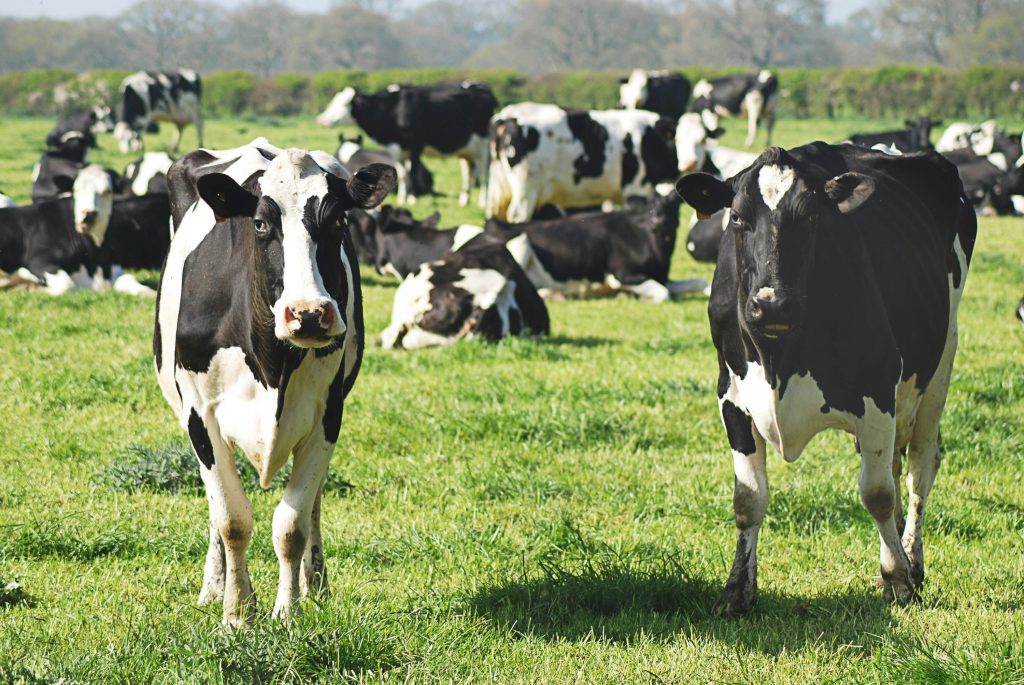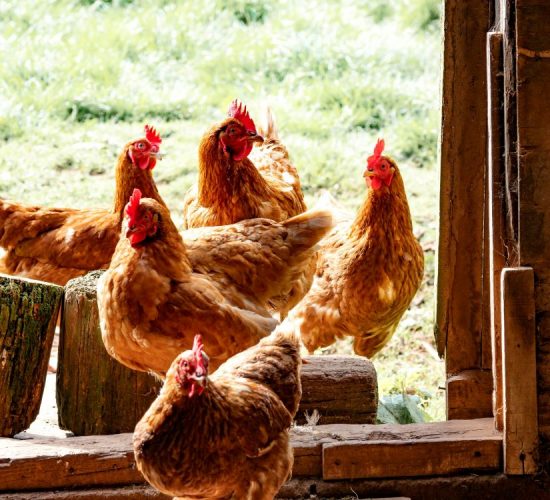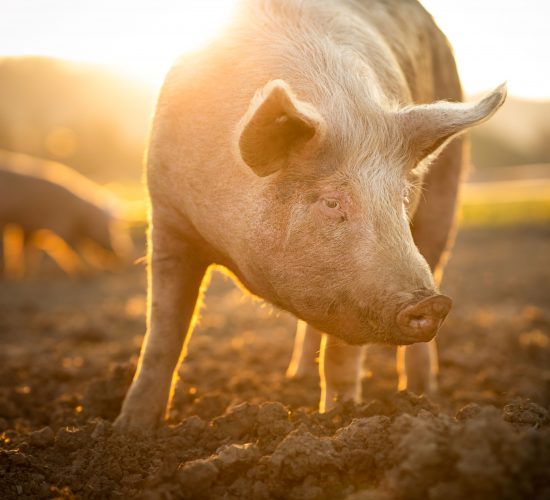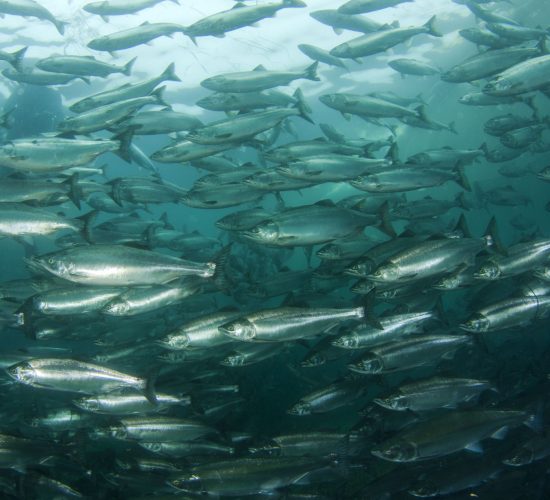Guest speaker Dr Annie Rayner joined GCAW’s quarterly all members meeting on 31 July 2024. A food systems and animal welfare specialist, Dr Rayner presented her assessment of current approaches to regenerative agriculture and their potential implications for the welfare of livestock.
She noted that several multinational food companies have made public commitments to regenerative agriculture as central pillars of their net zero agendas; others are conducting pilot trials. However, there is currently little consistency with regard to defining, transitioning processes, setting targets for, or reporting on regenerative practices across these companies. Regenerative agricultural systems are complex, giving rise to a range of potential outcome metrics including biodiversity, soil health, carbon, ecological health, social outcomes, nutritional output and true cost accounting.
Very few companies have incorporated animal welfare into their definition of regenerative agriculture to date. Dr Rayner’s view is that, as approaches to addressing animal welfare have moved beyond mitigating negative states towards positive outcome-based approaches, there is positive alignment which could be further explored. Indeed, livestock in mixed farm settings are valuable tools for regeneration but adopting this approach must come with the use of appropriately skilled farm workers. She highlighted, for example, the challenge of integrating livestock into systems which are focused on soil health without sufficient attention being paid to breed selection, shade and shelter, and feed requirements.
Dr Rayner gave two examples of her work at Planton Farm, where she is working to develop regenerative agriculture systems that mimic nature. The first is an adaptive multi-paddock grazing system for cattle which has improved diet variability, reduced medicine use, improved environmental adaption, and created stable social groups. The second, the Impeckable Poultry project, is in its infancy but, along similar lines, aims to understand how natural structures could be mimicked in poultry production.
Dr Nathan Williams, GCAW Secretariat, thanked Dr Rayner on behalf of all GCAW members. He said, “Dr Rayner’s theoretical and practical insight into regenerative farming systems and what this approach may mean for farm animal welfare, was extremely valuable and timely as regeneration principles become increasingly mainstream. Her presentation provoked interesting discussions among the group on how these two shifts in responsible farming practices could and should be mutually supportive.”
Working group activities followed the guest presentation, and members were also invited to share updates from across their operations. These inputs signalled good collective progress with sourcing cage-free eggs as well as consideration of cage-free egg credits in geographies where supply availability remains challenging, intensive internal workflows on achieving broiler welfare goals, and also discussion of the NGO-developed Pig Minimum Standards.





